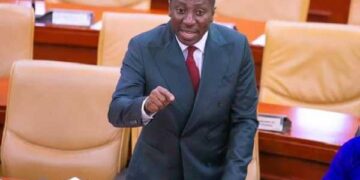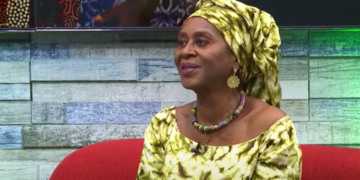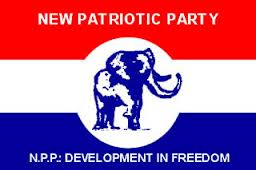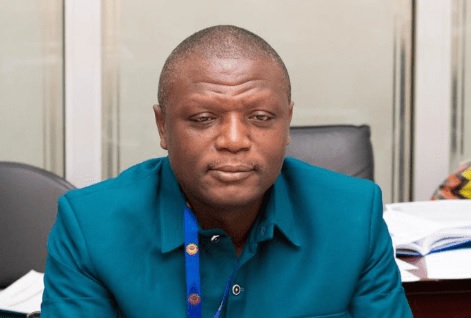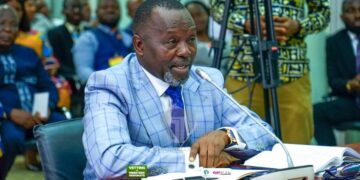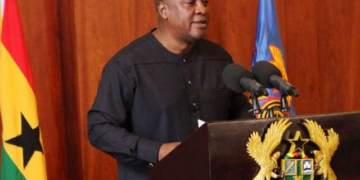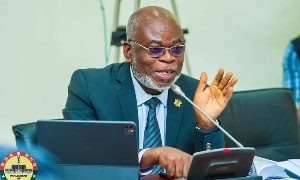Director of Operations at Dalex Finance, Joe Jackson, has said the real value of the Cedi will be revealed when Government resumes debt service payment obligations.
The resumption of debt service payment obligations, he noted during the NorvanReports’ X Space discussion on Sunday, will be premised on Ghana reaching an agreement on an appropriate debt treatment with official creditors in order to gain access to the $600m second tranche under the $3bn IMF bailout programme.
According to him, the current stability of the cedi is temporary given the reduced pressure on the cedi as a result of the suspension of debt service payments (in dollar terms) since December last year.
“We have seen some temporary stability in the cedi because of the suspension of debt service payments.
“However, the real value or real stability of the cedi will be seen when Government resumes fully its debt service payments which is after getting the official creditor agreement for the second tranche. So whatever stability we are enjoying now is due to the debt suspension,” he quipped.
According to Mr Jackson, debt service payment by Ghana is expected to resume at a much lower rate compared to the rate prior to the suspension of the debt service payments by Government.
That notwithstanding, pressure on the cedi is expected to be significant resulting in some depreciation of the local currency.
Government, according to the Governor of the Bank of Ghana, has made some $2bn savings in debt service payments since its suspension last year.
The International Monetary Fund (IMF) staff team, led by Mission Chief Stéphane Roudet, has successfully reached a staff-level agreement on the first review of Ghana’s Extended Credit Facility (ECF) arrangement. This landmark achievement follows intensive discussions centered on the progress of vital reforms and the nation’s policy priorities within the context of its three-year program.
Announcing this pivotal agreement, Mr. Roudet highlighted its importance, emphasizing that its ultimate realization is contingent upon IMF management approval and Executive Board consideration, subject to receiving the necessary financing assurances. Notably, securing an accord with official creditors concerning debt treatment aligned with program parameters assumes paramount importance in this regard.
Upon the culmination of the Executive Board review, Ghana stands to gain access to an inflow of SDR 451.4 million, approximately equivalent to $600 million. This development augments the total IMF financial support disbursed to Ghana under the arrangement, a substantial sum of SDR 902.8 million, or approximately $1.2 billion, since May 2023.
Notwithstanding the acute economic and financial challenges confronting Ghana, the nation has demonstrated resilience and determination in implementing essential macroeconomic policy adjustments. The successful completion of a domestic debt restructuring operation and the initiation of a comprehensive range of reforms have already begun yielding positive outcomes. Notably, economic growth in 2023 has proven more robust than initially anticipated, accompanied by a decline in inflation, improved fiscal and external positions, and stabilization of the exchange rate.













